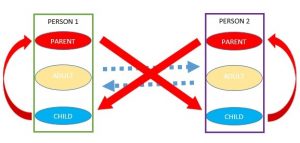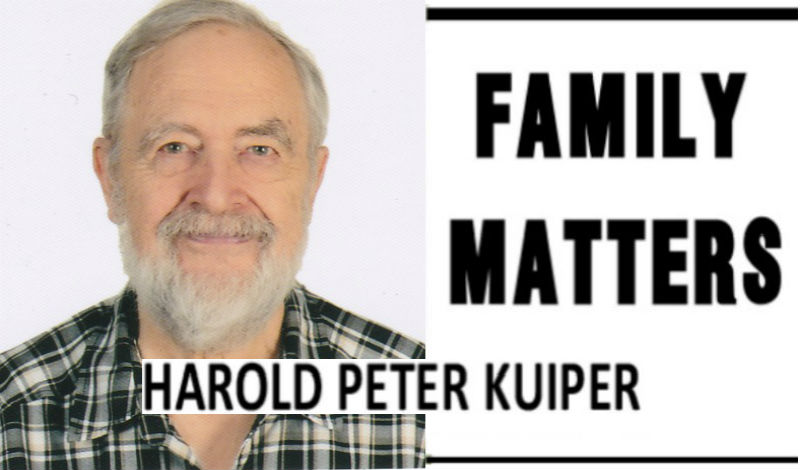Communication is a “meeting of meanings”. Meanings are first of all in people, secondarily in the words themselves, or in dictionaries. Two people could be using the same words, but still not be communicating. To illustrate this, picture this: The Baptist preacher just finished his sermon for the day and proceeded to where he did his usual greetings and hand-shaking. After shaking a few adult hands he came upon the seven year old son of one of the deacons of the church.
“Good morning, Jonathan,” the preacher said as he reached out to shake Jonathan’s hand. As he was doing so he felt something in the palm of Jonathan’s hand. “What’s this?” the preacher asked. “Money,” said Jonathan with a big smile on his face, “It’s for you!” “I don’t want to take your money, Jonathan,” the preacher answered. “I want you to have it,” said Jonathan. He then continued, “My daddy says you’re the poorest preacher we ever had and I want to help you.”
Jonathan and his father were not communicating with the word “poorest,” each having a different picture in their minds about the word. The father meant by “poorest” “the worst”, but Jonathan took it to mean “financially poorest.”
Here’s another example. Little Jose comes home from school really upset, after being scolded by his teacher. “I’m not going back to that stupid school, and I hate that teacher!” he says. “No, Jose, you don’t hate Mrs. Gonzales, and of course you’re going back to school.” They’re not communicating, even though they use the same words. The mother makes no effort to understand her son; she doesn’t know why he’s upset, and instead of turning her curiosity on, she just wants to correct his apparent rebellion. This is sad, because she is trying to make him deny his feelings and perceptions, rather than helping him understand what he’s feeling, and thereupon enabling him to look at his situation more realistically and even accept the possibility that he had done something wrong and deserved the scolding he received.
The mother is in the ego-state, in Transactional Analysis, called the “critical parent.” The main idea in TA is that we have different ways of being and perceiving. It’s almost as if we become different people, at different times. For instance, have you ever noticed yourself become so insecure, even afraid, that you are becoming like the child you once were? At other times you might feel yourself getting so angry that you start talking and acting like one or the other of your parents. If the mother had stayed in the “adult” and listened to George, it would have helped his “adult”—the thinking, willing, deciding part—develop. Her self-disclosure would have helped too, admitting she once got in trouble in school, and how bad it felt.
Without listening and self-disclosure a “crossed transaction” results, which becomes upsetting:
 Miscommunication like this hurts, but good communication can make a family matter, especially if we pray for help! I’d love to get comments or questions from you; use HERALDEXPRESS@YAHOO.COM.
Miscommunication like this hurts, but good communication can make a family matter, especially if we pray for help! I’d love to get comments or questions from you; use HERALDEXPRESS@YAHOO.COM.














